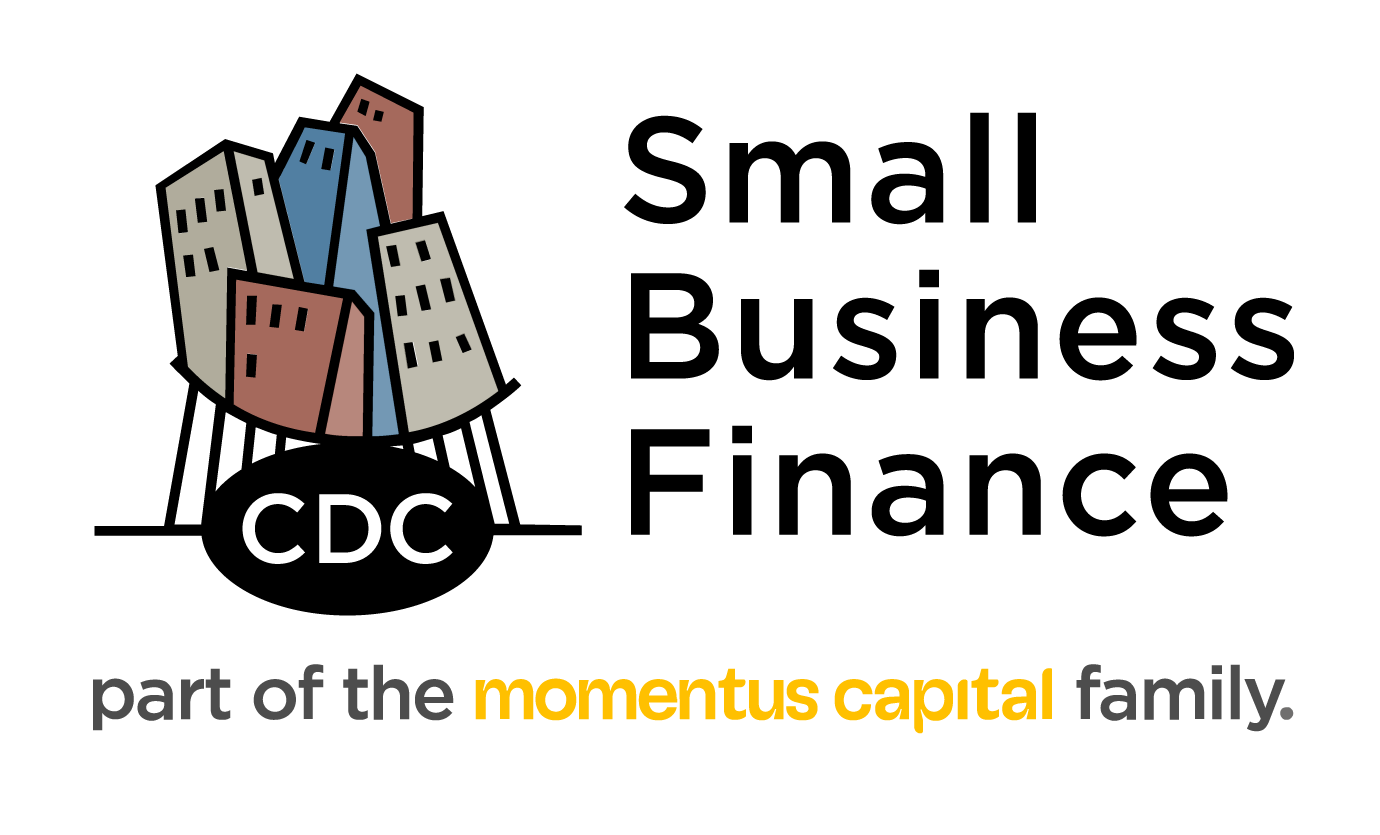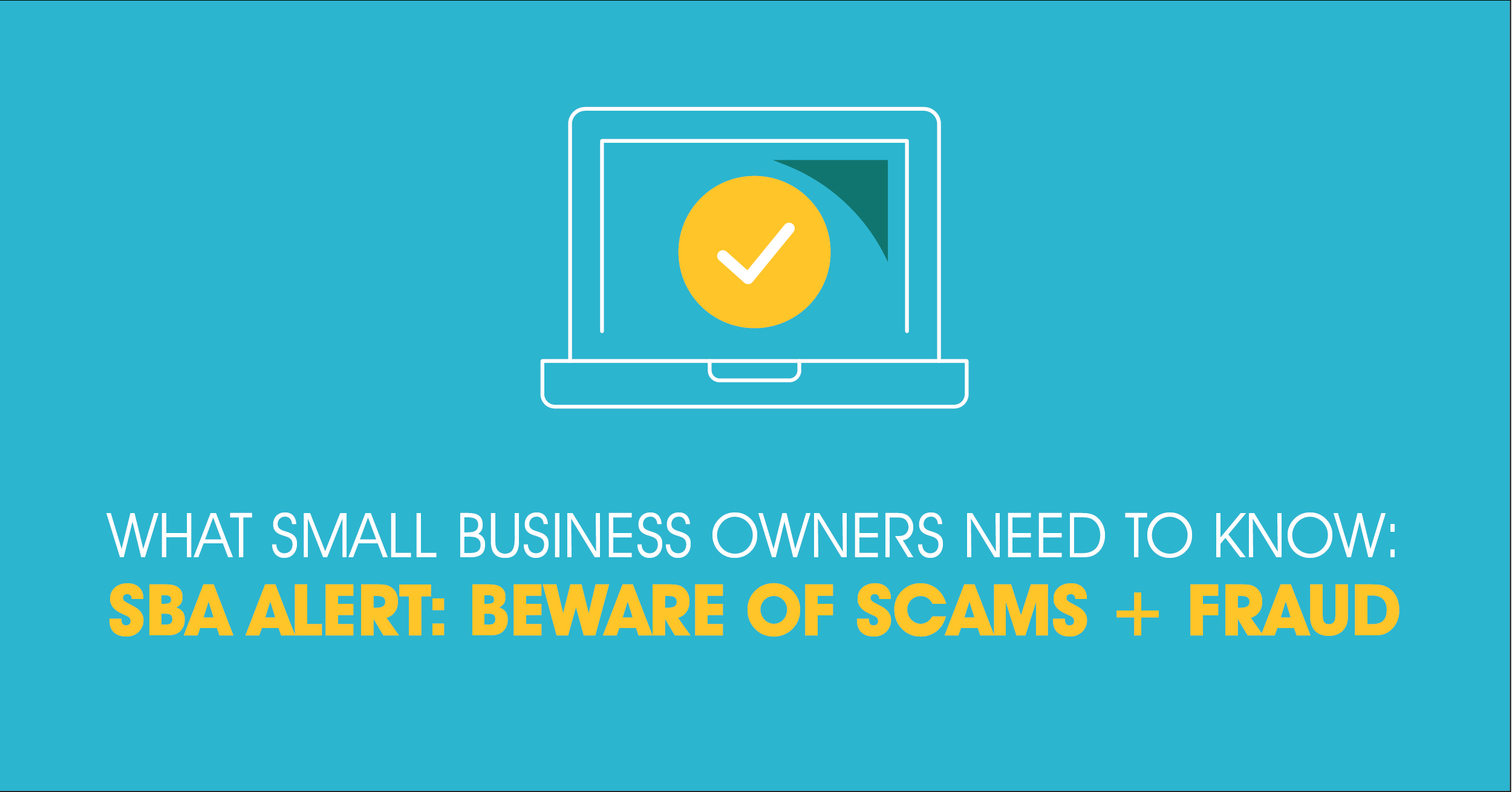As a small business owner, we know you need relief and you want it fast. We urge you to be diligent when getting an emergency loan. It’s critical to know how to not fall victim to scams and fraud.
“Fraudsters have already begun targeting small business owners during these economically difficult times,” according to the SBA, which warned owners in particular of grant and loan fraud and phishing schemes.
One very important alarm bell: The SBA will NOT initiate contact with you on 7a loans or disaster relief loans or grants.
“If you are proactively contacted by someone claiming to be from the SBA, suspect fraud,” agency officials said.
The SBA shared other tips to help small business owners protect themselves against potential fraud schemes, particularly related to grants, loans and online phishing.
SBA ALERT: Scams and Fraud Schemes
GRANTS
- SBA does not initiate contact on either 7a or Disaster loans or grants. If you are proactively contacted by someone claiming to be from the SBA, suspect fraud.
LOANS
- If you are contacted by someone promising to get approval of an SBA loan, but requires any payment up front or offers a high interest bridge loan in the interim, suspect fraud.
- SBA limits the fees a broker can charge a borrower to 3% for loans $50,000 or less and 2% for loans $50,000 to $1,000,000 with an additional ¼% on amounts over $1,000,000. Any attempt to charge more than these fees is inappropriate.
- If you have a question about getting a SBA disaster loan, call 800-659-2955 or send an email to disastercustomerservice@sba.gov.
- If you have questions about other SBA lending products, call SBA’s Answer Desk at 800-827-5722 or send an email to answerdesk@sba.gov.
PHISHING
- If you are in the process of applying for an SBA loan and receive email correspondence asking for PII, ensure that the referenced application number is consistent with the actual application number.
- Look out for phishing attacks/scams utilizing the SBA logo. These may be attempts to obtain your personally identifiable information (PII),to obtain personal banking access, or to install ransomware/malware on your computer.
- Any email communication from SBA will come from accounts ending with sba.gov.
- The presence of an SBA logo on a webpage does not guaranty the information is accurate or endorsed by SBA. Please cross-reference any information you receive with information available at www.sba.gov.
HOW TO REPORT FRAUD:
The SBA Office of the Inspector General also has a hotline for reports of suspected fraud. Call 800-767-0385 or file a report online.
See more on the SBA Programs – Scams and Fraud Alerts page. Check back to stay informed if the SBA issues any new guidance.
For questions about getting an SBA disaster loan, call 800-659-2955 or email disastercustomerservice@sba.gov. In addition, the SBA has an Answer Desk at 800-827-5722 or answerdesk@sba.gov.
Need more information about the Coronavirus Aid, Relief and Economic Security (CARES) Act? Check out the Small Business Owner’s Guide to the CARES Act.
CDC Small Business Finance offers several loan options for entrepreneurs and business owners. Contact our loan experts and they’ll work to match you with a financing plan that best suits your needs. Reach us at loaninfo@cdcloans.com or (619) 243-8667.





